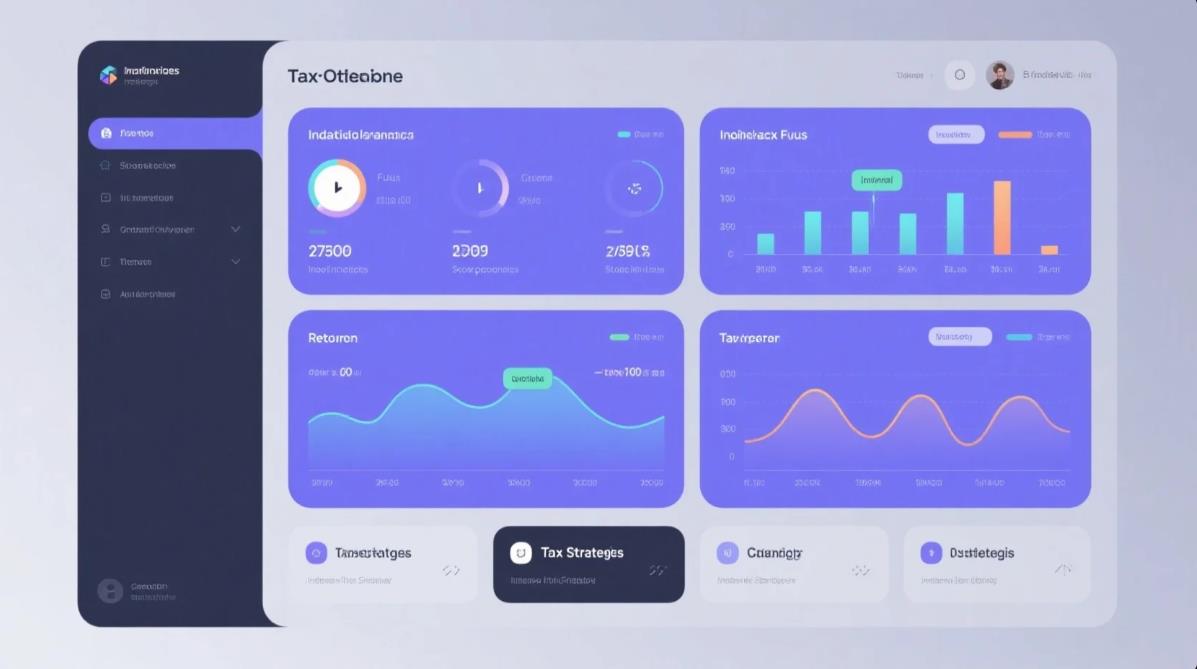The age-old debate between investing in index funds versus individual stocks continues to divide the financial community, but the answer isn't as straightforward as most experts claim. While conventional wisdom suggests index funds provide safer returns over time, emerging research reveals specific scenarios where selective stock picking can significantly outperform passive strategies. The key lies in understanding market cycles, behavioral economics, and the hidden advantages each approach offers under different economic conditions.
Index funds have quietly revolutionized wealth building by offering exposure to entire market segments with minimal effort. The magic of these instruments lies not just in their diversification, but in their automated rebalancing mechanisms that systematically buy low and sell high without emotional interference. Recent studies show that during periods of market euphoria, disciplined index investors often capture more gains than active traders who frequently chase trends and second-guess their decisions. The compounding effect of avoiding behavioral mistakes creates an underappreciated advantage that compounds over decades.

Individual stock investing unlocks opportunities that index funds simply cannot access. While passive strategies spread capital across winners and losers equally, skilled stock pickers can concentrate wealth in disruptive companies during their exponential growth phases. The rise of thematic investing tools now allows retail investors to identify these opportunities using institutional-grade analytics previously available only to hedge funds. When combined with proper risk management, targeted stock positions in sectors like biotechnology, quantum computing, or space infrastructure can deliver returns that dwarf broad market indices.
The tax efficiency battle between these approaches reveals surprising nuances. While index funds are celebrated for their tax advantages, sophisticated stock investors can leverage specific lot identification and tax-loss harvesting strategies to potentially achieve better after-tax returns. New portfolio management software democratizes these advanced techniques, allowing individual investors to optimize their holdings with precision that rivals professional money managers. The intersection of technology and personal finance has created hybrid strategies that blend the best aspects of both approaches.

Market microstructure changes have altered the playing field in unexpected ways. The proliferation of zero-commission trading and fractional shares has reduced the friction of stock picking, while simultaneously making index funds more accessible. This dual evolution has created a new paradigm where investors can construct core-satellite portfolios that combine the stability of index funds with targeted stock positions. The most successful modern portfolios often use index funds as foundational assets while allocating smaller portions to high-conviction stock ideas, creating a balance between systematic growth and opportunistic gains.
The psychological dimension of investing may ultimately determine which approach yields better results for individual investors. Personality assessments now show that certain investor temperaments achieve superior returns with active strategies, while others thrive with passive approaches. Fintech platforms are beginning to incorporate these insights, offering personalized guidance that matches investment strategies to cognitive strengths rather than pushing one-size-fits-all solutions. This emerging field of behavioral portfolio management may finally resolve the active versus passive debate by recognizing that optimal strategies vary by individual.

The wealth-building potential of each approach ultimately depends on market conditions, personal skills, and emotional discipline. Rather than viewing index funds and stock picking as competing strategies, the most sophisticated investors now treat them as complementary tools in a broader wealth-creation toolkit. The next generation of portfolio management will likely involve dynamic allocation between these approaches based on quantitative signals and personal circumstances, moving beyond the false dichotomy that has dominated investment discourse for decades.




